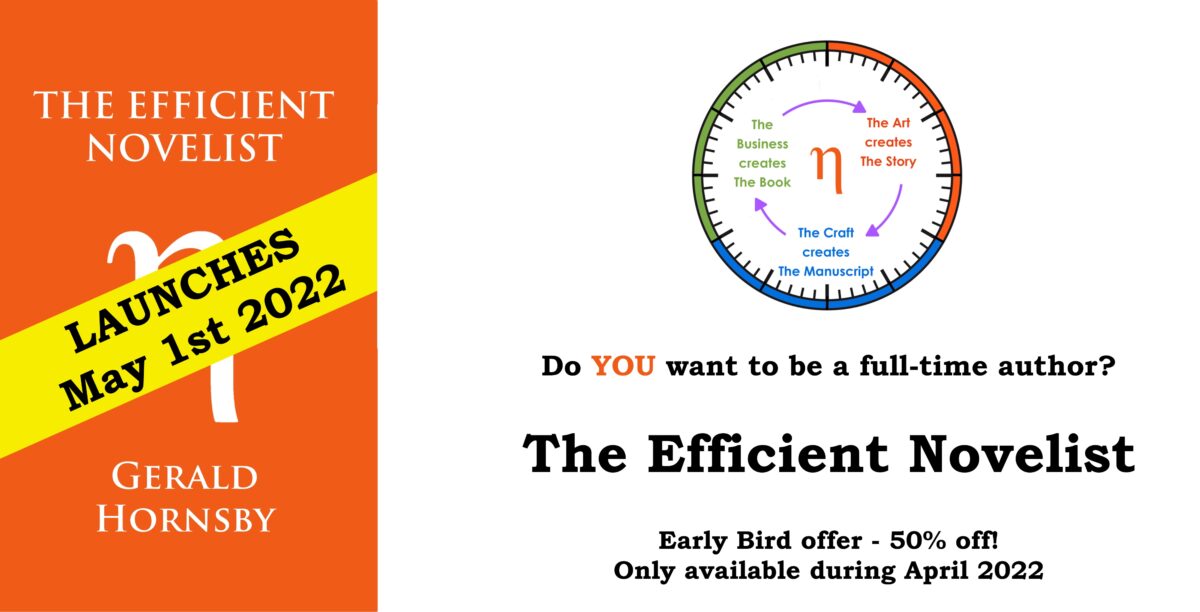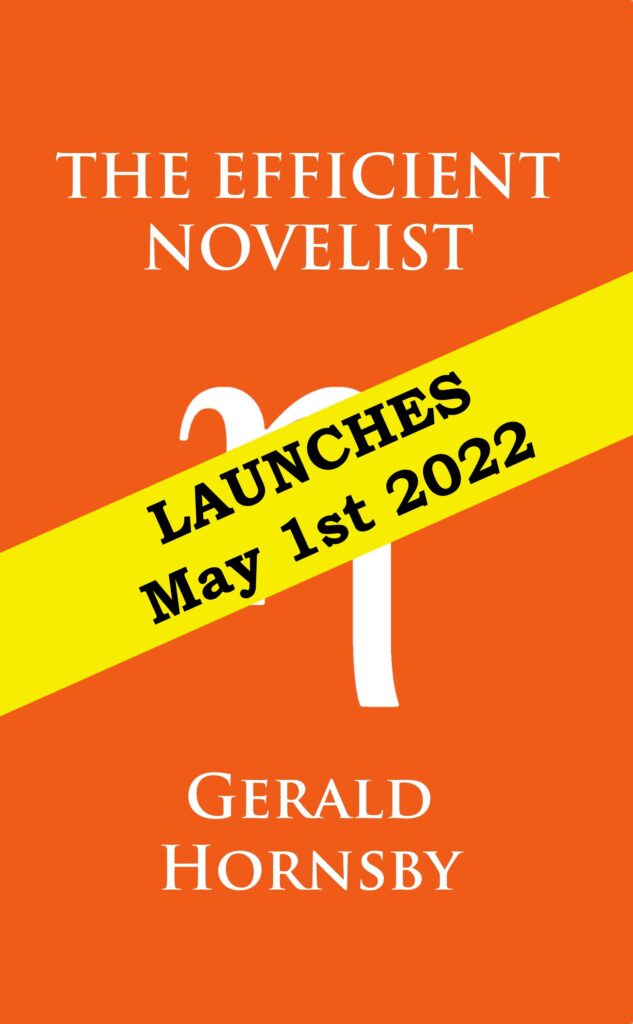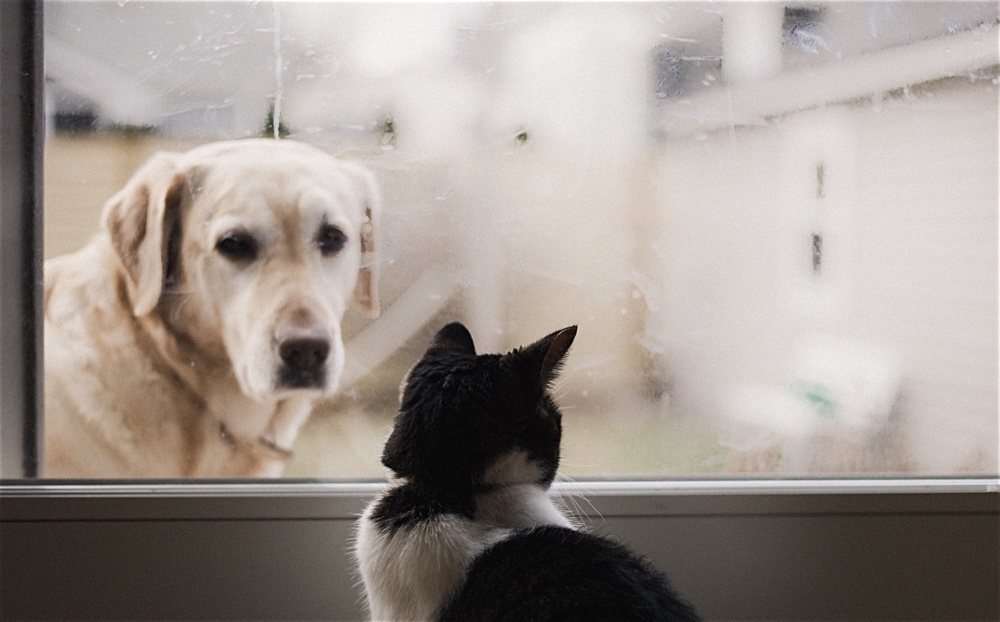ACT TWO – Confrontation
Typically the longest of all three sections: Act Two usually comprises the second and third quarters of the story.
RISING ACTION
The protagonist gets to know their new surroundings and starts to understand the challenges that lay before them.
2012: Using both NaNoWriMo and 100k100days, I start to think about the stories that I want to write. I’m excited by this new decision, and over the next few years, I create more and better stories. But at the back of my mind, there’s a niggling thought – I’m just working hard to create more and more wasted words.
Continue reading →







